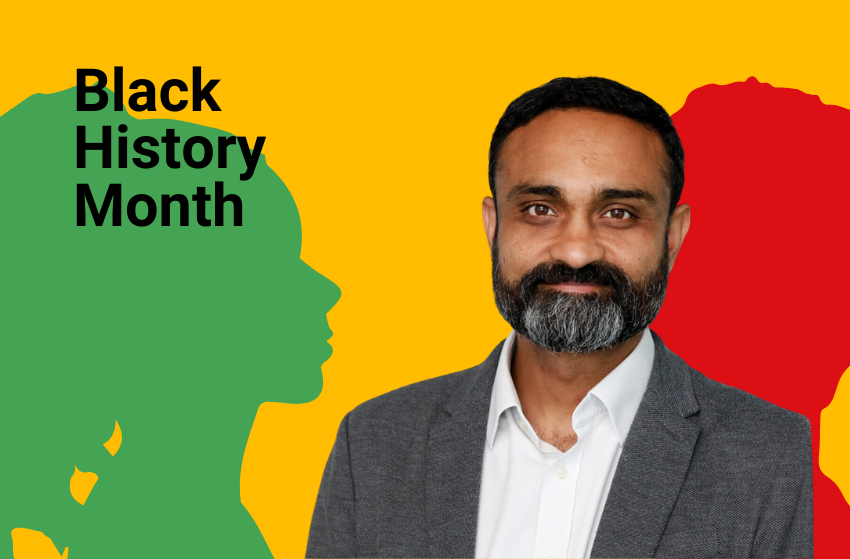Liz Dean, Partner in our Not for Profit Team had the pleasure of speaking with Naser Turabi as part of our Black History Month celebrations and focus on reclaiming the narrative of health disparities in the Black community, particularly within cancer research.
Watch their conversation:
About Naser Turabi
Naser is the Director of Evidence and Implementation at Cancer Research UK (CRUK). He leads the Strategic Evidence, Cancer Intelligence, Social and Behavioural Research, and Health Systems Engagement teams in the organisation.
Part of his objective is to accelerate the adoption of innovation and best practice by the NHS, closing the survival gap and reducing inequalities in cancer outcomes.
He was previously a senior NHS manager with transformation, operations and strategy experience across community and secondary care, and before that I worked in social research, public sector strategy and data focused software.
333 Pledges 333 Lives:
This year’s Black History Month, we are focusing on health disparities within the Black community. This aligns with the Black History Month theme of reclaiming narratives, where we aim to challenge and reshape the narrative around healthcare inequalities and highlight the leaders and exemplary leadership behaviours driving change in this space.
One of the health disparities you can take action on to support is the lack of diverse stem cell donors on the register, which Emma and Claudette discussed at the end of their conversation.
In the UK, people of Black African and Black Caribbean heritage have significantly lower chances of finding a matching stem cell (bone marrow) donor compared to a patient from white, northern European heritage. This disparity costs lives.
Did you know that stem cell donation is ethnicity-specific, meaning you are likely to find a donor from someone with the same or similar heritage as you? By increasing the number of people of Black African and Black Caribbean heritage joining the register, we can begin to address this disparity.
By pledging today, you can help close this gap and give hope to someone in need, reclaiming the narrative around health disparities in the UK.
Watch more:
Beverley De-Gale and Orin Lewis from ACLT: the importance of diverse stem cell donors
Patrick Vernon OBE on building confidence and trust in the NHS
Anthony Nolan answers 8 common questions about joining the stem cell donor register

